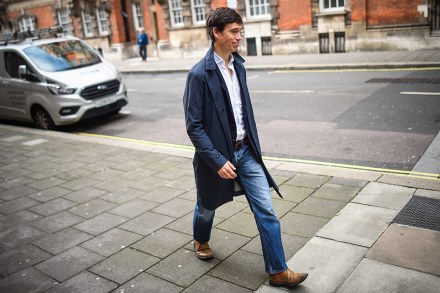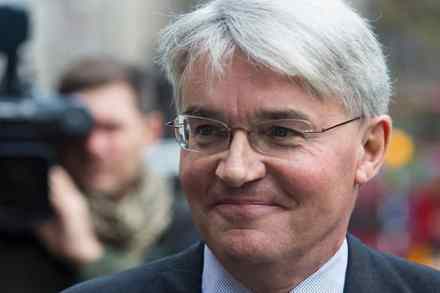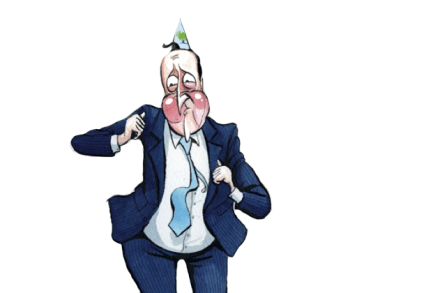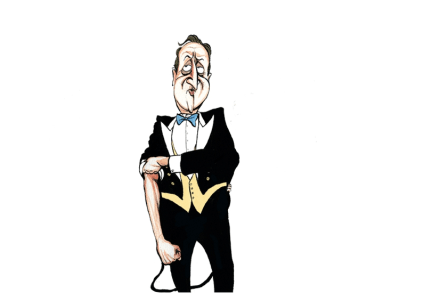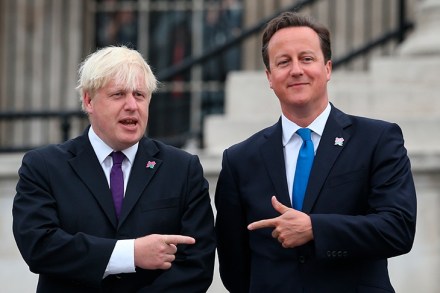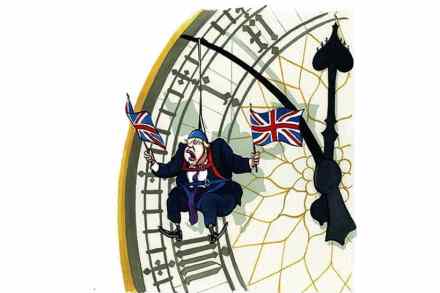Rory Stewart is a fish out of water
Rory Stewart is one of that almost extinct species in the modern Conservative party, a one-nation Tory. He is also – or was (until Boris Johnson kicked him out) – a politician with hinterland. He had been places and done things before getting himself elected in his late thirties, entering parliament in 2010. Disillusion rapidly set in: Too much of our time was absorbed in gossip about the promotion of one colleague or the scandal engulfing another. Even four weeks in, I sensed more impotence, suspicion, envy, resentment, claustrophobia and schadenfreude than I had seen in any other profession. It is made clear to him from the outset that rebellion
